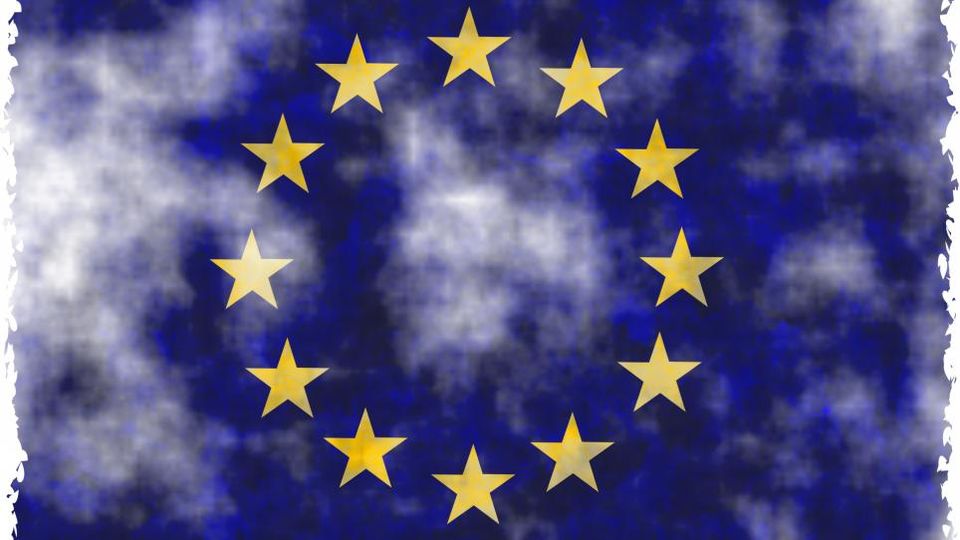This event has passed

The next London Theatre Seminar is co-sponsored by the European Theatre Research Network (ETRN) at Royal Central School of Speech and Drama/University of London.
Who knows what will happen in the next week, but in any case, we’re excited to host Duška Radosavljević (Royal Central School of Speech and Drama), Mischa Twitchin (Goldsmiths), and Marilena Zaroulia (Winchester) on the subject of Brexit and Theatre. This talk will take place on 28 March 2019 at 6:30 PM, at 11 Bedford Square (RHUL Central London), Room 1-01, London WC1B 3RF.
Duška Radosavljević: A couple of centuries after the rest of Europe, the 21st century (finally) saw the deployment of the word (and profession of) ‘dramaturg’ in British theatre. Thanks to the diversification of theatre-making practices, the use of the word has gone from being carried exclusively by migrant European dramaturgs to being appropriated and cultivated by homegrown talent. Was this just a flash in the pan and what will happen to dramaturgs in British theatre beyond Brexit?
Dr Duška Radosavljević is a dramaturg, academic and Reader in Contemporary Theatre and Performance at the Royal Central School of Speech and Drama. She is the author of Theatre-Making: Interplay Between Text and Performance in the 21st Century (2013) and editor of Theatre Criticism: Changing Landscapes (2016) and The Contemporary Ensemble: Interviews with Theatre-Makers (2013).
Mischa Twitchin: Considering square circles: What might be the differences between contradiction and compromise concerning Brexit? What sense of a “European perspective” is evident in the British government’s approach not only to the Brexit negotiations but also to a future foreign policy? If London is already so parochial with respect to European touring theatre, what difference might Brexit make to its theatre culture? Only three of so many questions, but suggesting some of the material that the forging of square circles has to work with.
Dr Mischa Twitchin is a lecturer in the Theatre and Performance Dept., at Goldsmiths, University of London. His book, The Theatre of Death – the Uncanny in Mimesis: Tadeusz Kantor, Aby Warburg and an Iconology of the Actor is published by Palgrave Macmillan in their Performance Philosophy series; and examples of his own performance- and essay-films can be seen on Vimeo: http://vimeo.com/user13124826/videos.
Marilena Zaroulia: In the period immediately after the June 2016 EU referendum, certain theatre critics ironically raised the question ‘Where were all the plays about Brexit?’ In this talk, I do not intend to answer the misleading question ‘what did theatre do to prevent Brexit?’; such a question demands too much and too little from the theatre. However, the theatre has always taken part in the struggle around notions of British nationhood as distinct to European identities in all their nebulous and conflicting connotations. I am going to refer to specific instances of (obvious and not that obvious) British theatrical Euroscepticism over the past 25 years or so, with a hope to transcend the topicality of the Brexit debate, focusing on how views about Europe have been expressed in British theatre - specifically, British playwriting - and how these might help us think about how we got to the current state of things.
Dr Marilena Zaroulia is a Senior Lecturer in Drama at the University of Winchester. Her research focuses on theatre and the cultural politics of post-1989 Europe. Her work has been published in various international journals and she co-edited Performances of Capitalism, Crises and Resistance: Inside/Outside Europe in 2015. She has recently taken over as Associate Editor for Studies in Theatre and Performance. Her piece about the NT’s ‘My country: A work in progress’ (2017) is forthcoming in the Routledge Companion to Theatre and Politics. This talk draws on research for her monograph Encountering Europe on British Stages: Performances and Politics since 1990 (Bloomsbury).
Booking
This event has now passed
No Booking Required
